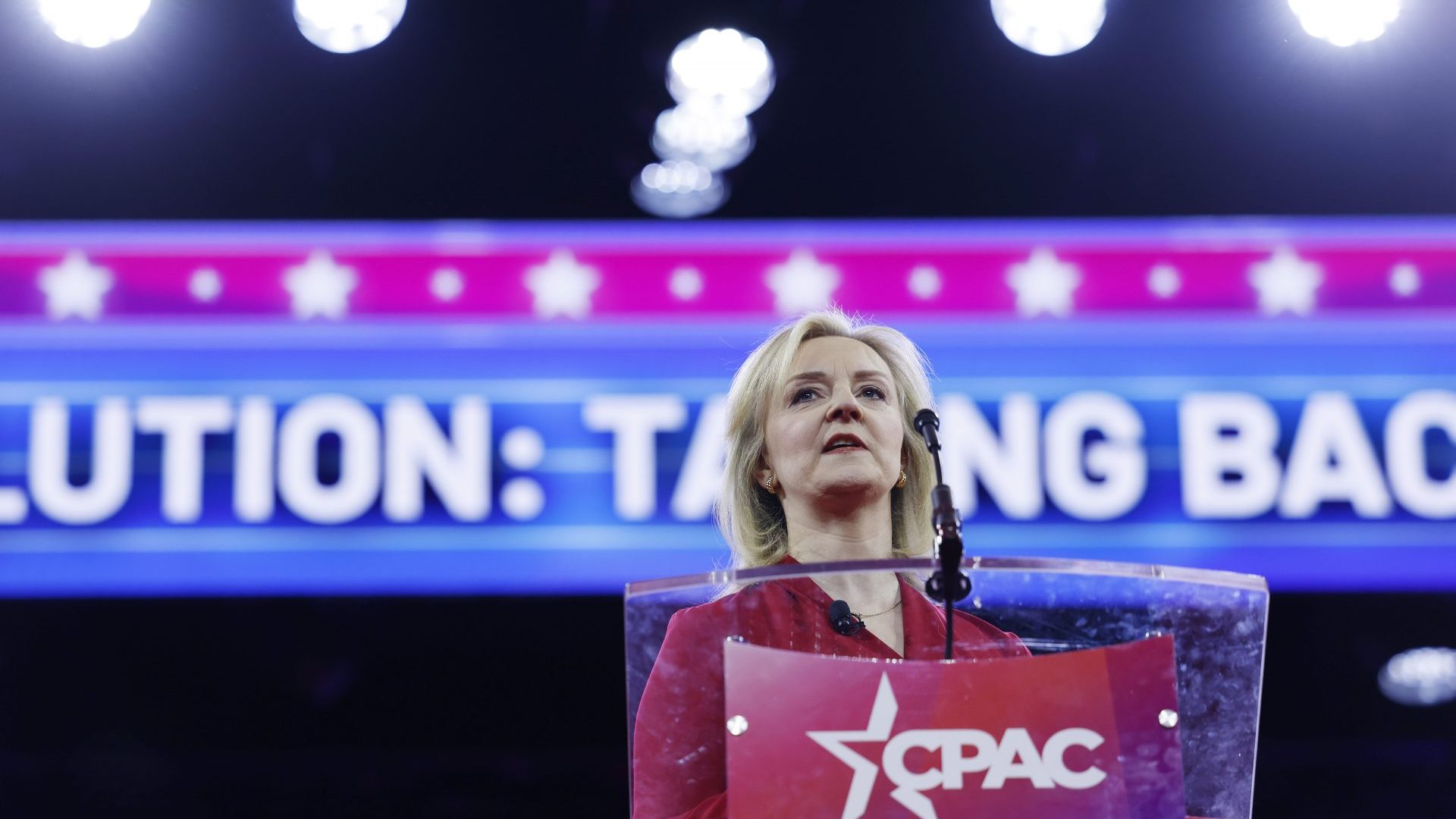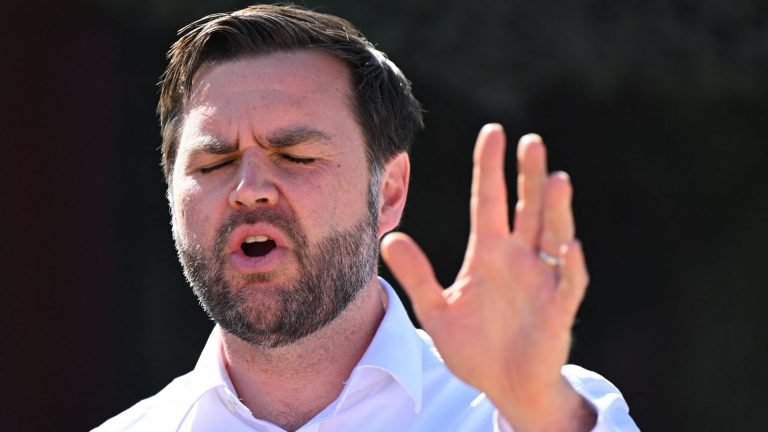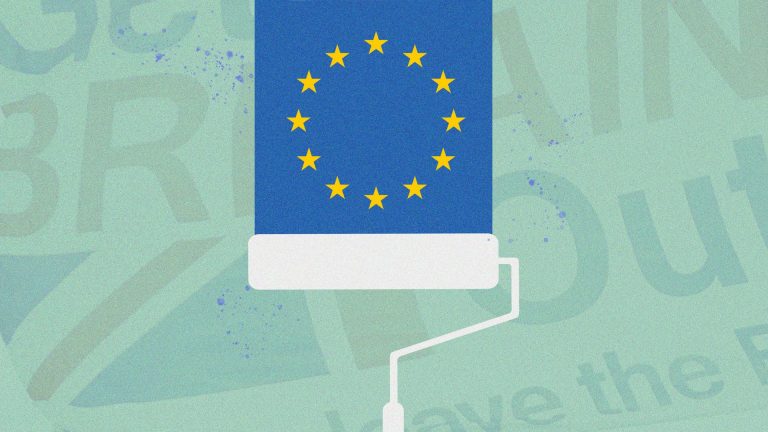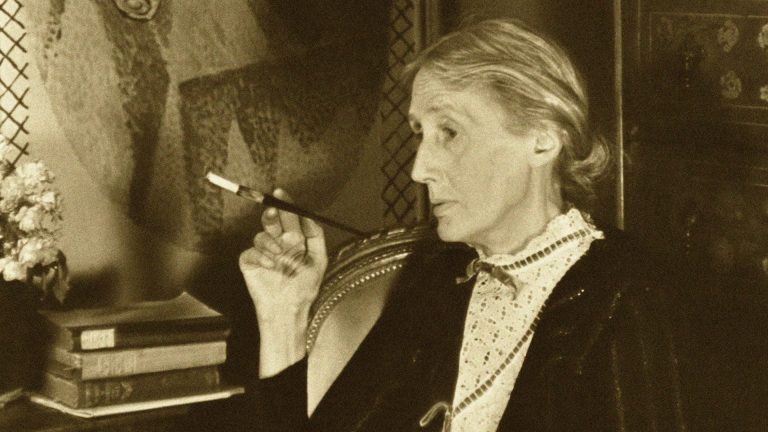In 20 or 30 years’ time, Liz Truss will be known for just four things.
The lettuce, obviously. A very difficult pub quiz question on who the prime minister was when Charles III came to the throne. Being that strange woman who turns up at the Cenotaph every year for no apparent reason, And an object lesson for historians on why independence for the Bank of England, the Office for Budget Responsibility, the civil service and the judiciary are such great ideas.
The BoE alone justified its independence when Liz Truss was PM, and in different ways so did the OBR. The civil service supported her impossible policies as far as they could, but they proved impossible to implement. The courts survived accusations that are merely a leftist conspiracy against the wishes of our elected representatives.
For all of which we should all be very grateful.
The Bank of England has taken politics out of interest rate decisions which means it can fight inflation better, as this week’s prices data shows. But the value of its independence is more than that – it is also more capable of stepping in and saving us from the government purely because it is independent.
The OBR has achieved a similar status. Economic predictions by politicians are not worth the paper they are written on, and the OBR, in its short existence, has come to be the respected arbiter of whether the government’s maths makes sense. No wonder that sidelining the OBR is what really did for Kwasi Kwarteng’s big balls-up of a mini-budget.
But Truss wanted to end the bank’s independence by firing its governor and now says the OBR has to go too, because it infringes on the power of politicians.
Yes, Liz – that’s the whole bloody point.
That is also why we have an impartial civil service and independent judiciary.
Abolishing the system that stops the British government from adopting hair-brained economic policies, or bringing politics into the administration of policy or even the law, is not a clever thing to do. In fact, it is very dangerous.
Why? Well just look at Truss’s premiership. The markets, investors and the experts did not trust her or her chancellor as far as they could throw them. The markets were in freefall and only the immediate defenestration of her and the intervention of the Bank of England with billions of taxpayers’ money was enough to prevent an economic collapse, which would have been just like the credit crunch; but this time only in the UK. Ayn Randism in one country, as it were.
Contrary to the complete swivel-eyed self-delusion of Liz Truss it was the institutions and experts who saved us from her and her mad Tufton Street idiocy. That and their independence.
Without the OBR and the Bank of England being able to speak truth to power and work to independently avoid the consequences of her stupidity and that of her chancellor, we would have been up the creek without a paddle.
Now Truss is back, with a joke of a book to promote, and calling for the firing of the governor of the Bank of England, the abolition of the OBR, the politicisation of the Civil Service, the end of the Supreme Court and the ECHR and even perhaps the UN.
Liz Truss is not ruling out becoming PM again, but if she ever did get back to No.10, I predict her second premiership would be even shorter than her first.
All and any of those policies would destroy the country, its democracy, the rule of law, its reputation, its economy, its international role, its trade and its relationships with its friends and allies.
Liz Truss was utterly useless. She was and is economically illiterate and in thrall to trickle-down economics and the interests of the super-rich, who think the rest of us are dirt beneath their feet.
But we survived, thanks to the very things she hates. The idea of letting her back into power so she can destroy them and try again is terrifying.










